‘More than 40 countries support the creation of a Special Tribunal’
Let's talk about the Special Tribunal for investigating crimes against Ukraine. It has not yet been created; on 25 June this year, only an agreement was signed between the President of Ukraine and the Secretary General of the Council of Europe. There was much discussion about the provisions of the agreement. Ukraine insisted on fundamental points, but not all of them were accepted by its partners. However, it was possible to preserve the key principles that are important for Ukraine and Ukrainians. What exactly was preserved?
Firstly, this Tribunal on Russia's crime of aggression against Ukraine will have international status. Ukraine has always insisted on this, because it is not only a matter of punishing the top political, military and law enforcement leadership of the aggressor country, but also of international recognition of responsibility. Trust in the tribunal's findings will be much higher at the international level. This does not mean distrust of Ukraine — we have conducted our own investigations and already have more than 200 convictions of Russian war criminals. But in order for the whole world to see the essence of the aggressor and those guilty of hundreds of thousands of war crimes and the suffering of Ukrainians, this must take place internationally.
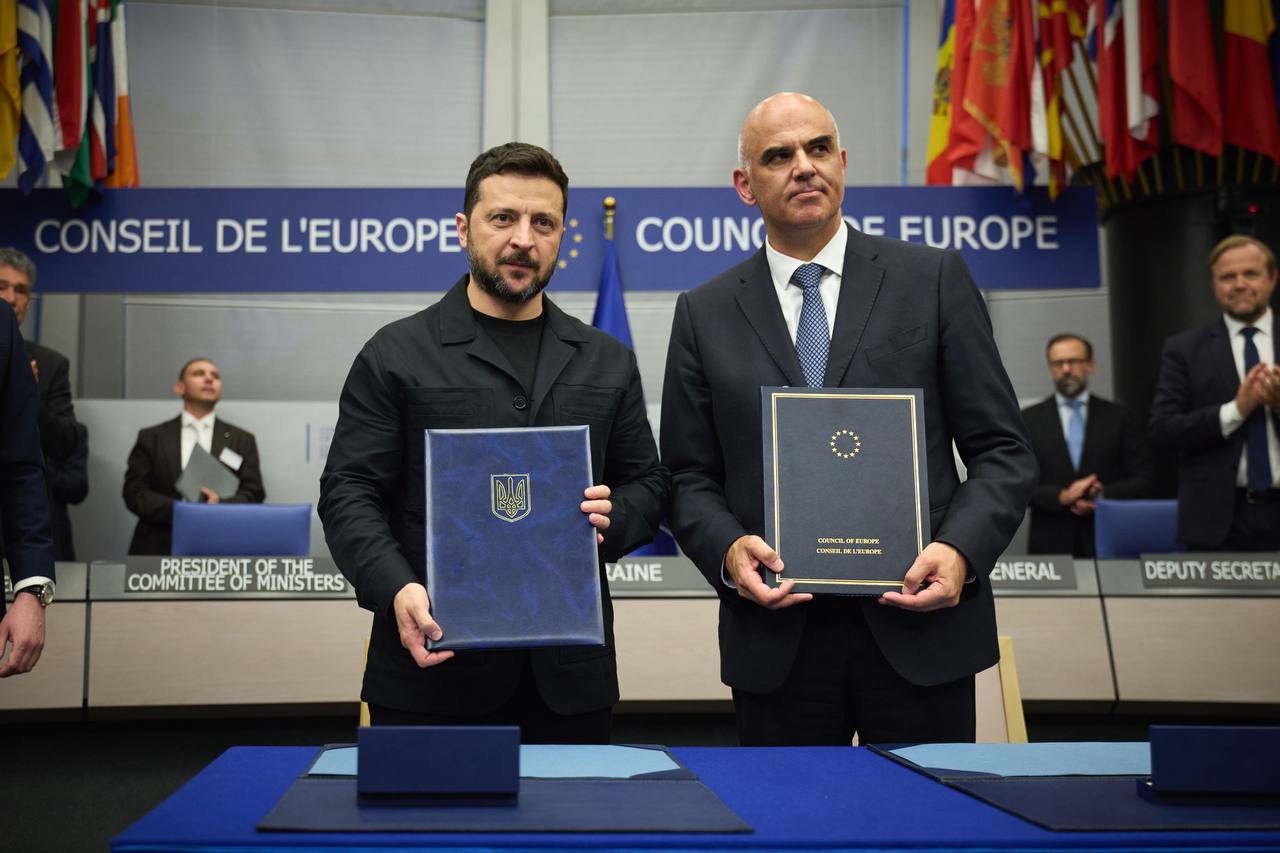
Which countries will be able to join in the creation of the tribunal?
The agreement between Ukraine and the Council of Europe is only the first step. After the NATO summit in The Hague, the President of Ukraine flew to Strasbourg and signed this historic agreement, which initiated the process of creating the Special Tribunal. Further agreements are planned that will allow other countries, not just members of the Council of Europe, to join in the creation of the tribunal. This is very important, as more than 40 countries from around the world — from Australia to Latin America — support this initiative. For the first time since the Nuremberg trials, the world is trying to bring to justice those responsible for the crime of aggression on the international stage.
The political will of the host country of the tribunal — the Kingdom of the Netherlands — has been repeatedly confirmed. The latest meetings before his arrival in Kyiv confirmed it once again. However, the creation and effective work of the tribunal require certain practical steps, in particular, the formation of mechanisms for its operation and the involvement of a wide range of countries. This process will take several months, and our task is to do everything possible to ensure that the tribunal starts working as soon as possible. This is precisely the task set by the President of Ukraine.
The president immediately submitted the signed agreement to parliament for ratification, and on the first day of the session, the agreement was ratified unanimously, without a single vote against or abstention. This is an important symbol of political will and support from partners who see that the process must be swift and effective.
Ukraine's position is clear: we already have six arrest warrants from the International Criminal Court, more than 200 verdicts from Ukrainian courts, as well as charges brought by Lithuania, the United States and other countries. Accountability must be comprehensive, and the system must work quickly. After all, it is important for the victims to see that justice exists and works.
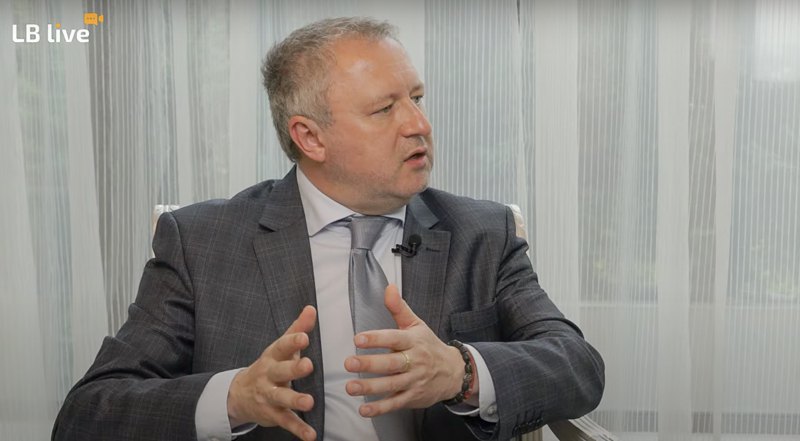
‘Justice must be swift: we cannot wait 10 or 20 years.’
The expression ‘Justice delayed is justice denied’ perfectly illustrates the situation. We cannot allow people to wait 10 or 20 years for a decision, as has happened in some cases in the past. We have studied the experience of other countries and understand that justice must be swift.
Two weeks ago, the European Court of Human Rights ruled in the case of Ukraine v. Russia concerning the downing of flight MH17. This ruling upheld the verdict of the court in The Hague, which is significant international support. I personally participated in the joint investigation team in this case, and prosecutors from the Netherlands confirmed Putin's involvement in this crime. However, he has immunity in national court systems, and the creation of a Special Tribunal is an important step in restoring justice for both Ukraine and other affected countries.
It is very important for the Netherlands that they are involved not only in the investigation of crimes committed against Ukraine, but also in other crimes affecting their citizens. On the eve of the anniversary of the MH17 tragedy, the Australian ambassador to the Netherlands and I laid wreaths at the memorial to the victims. They emphasise that such events change society's attitude towards war and support for Ukraine.
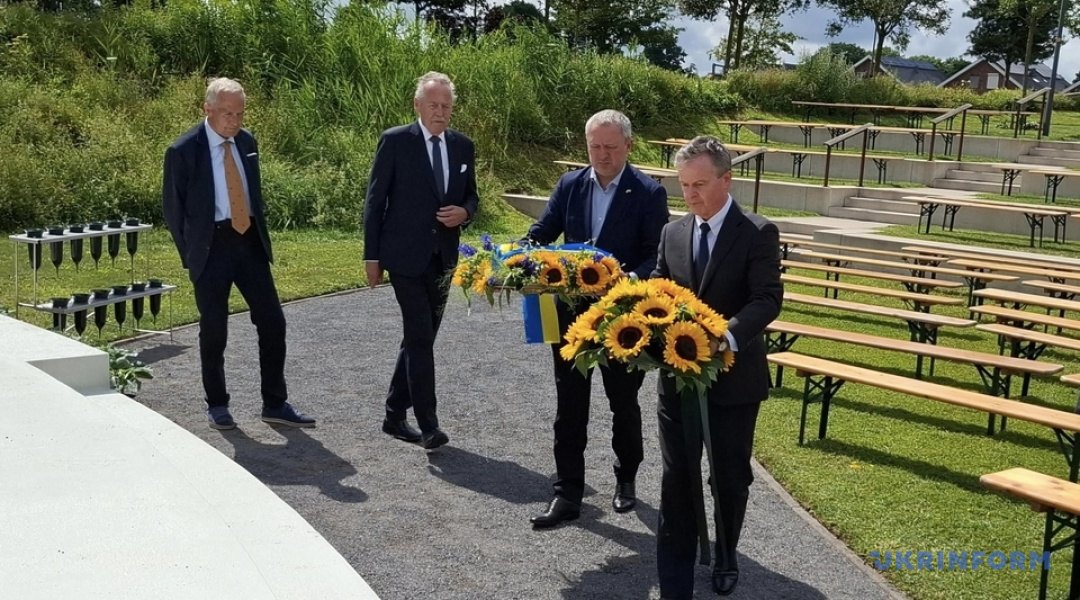
‘Russian defence ministers and security officials can be tried right now.’
The tribunal prosecutor will have the right to investigate absolutely all crimes, including those involving Putin and Russia's top leadership. The difference from the International Criminal Court is that the tribunal can lift immunity, but only after the accused have left their posts. This is not an absolute rule — the court may decide otherwise. The investigation can take place right now. For example, defence ministers, commanders-in-chief and heads of special services can be investigated and tried even while in office.
Another important achievement is the possibility of conducting trials in absentia, as many defendants are unlikely to appear before an international court. This makes it possible to establish the truth and provide justice to the victims, who see the verdicts as confirmation of their experiences.
Will there be an international manhunt if Putin is convicted?
This is precisely what we have already mentioned: Putin can be brought to justice when he leaves office. But he is not the only criminal. Yes, he is the main one, but there are many others. And this is part of the agreements I mentioned. We are talking about international legal cooperation in the enforcement of sentences and arrest warrants.
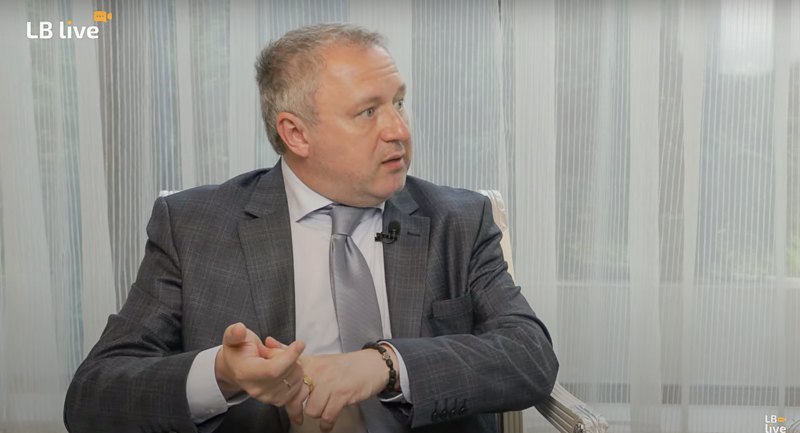
Will there be a separate agreement with each country?
A corresponding model is currently being developed. It will be implemented in stages, and we aim to combine these stages as much as possible so as not to waste time. It is important that investigations have already begun. Since 2023, more than 15 prosecutors have been working in The Hague at the International Centre for the Investigation of the Crime of Aggression, gathering evidence. This is being done in parallel with the official establishment of the tribunal in order to speed up the process as much as possible.
This is to prevent evasion of responsibility, as in the case of Mongolia, for example. Although, of course, Mongolia is a separate story. They simply did not comply with the order of the International Criminal Court. And this is also a challenge that we have to work on.
We already know that the special tribunal will be in the Netherlands. But what's the deal with funding?
Funding talks are ongoing. The Netherlands is putting together a preliminary budget, and then they'll figure out how to split the costs between the countries joining the tribunal. Some partners have already helped out in the early stages.
Will it be possible to hold Russia's allies, such as North Korea, China or Iran, accountable?
This issue is not relevant at this stage. First, we need to implement what is already a priority. Responsibility for participation in the crime of aggression will be determined by the tribunal's prosecutor.
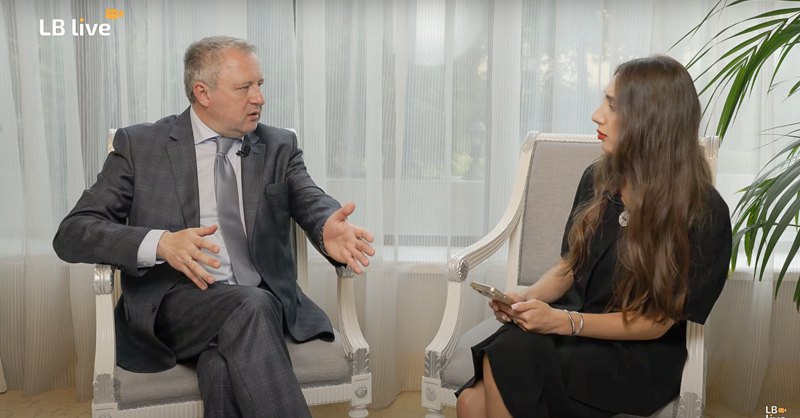
‘International law is the best weapon against aggression.’
Can the tribunal become an instrument of political pressure?
This is an incorrect statement. International justice was created to establish the truth, protect the rights of victims, and punish the guilty fairly. Of course, different parties can speculate, but politicisation is the rhetoric of countries that violate international law, in particular Russia.
To effectively combat propaganda, it is very important to carry out systematic work not only in partner countries, but also in those that may only receive pro-Russian narratives. The MH17 case proves that war affects everyone, even those who think it is far away. Some small countries openly acknowledge that their main weapons are international law and international institutions of justice, such as the International Criminal Court, the Special Tribunal and the European Court of Human Rights. This gives them weight in international politics.








